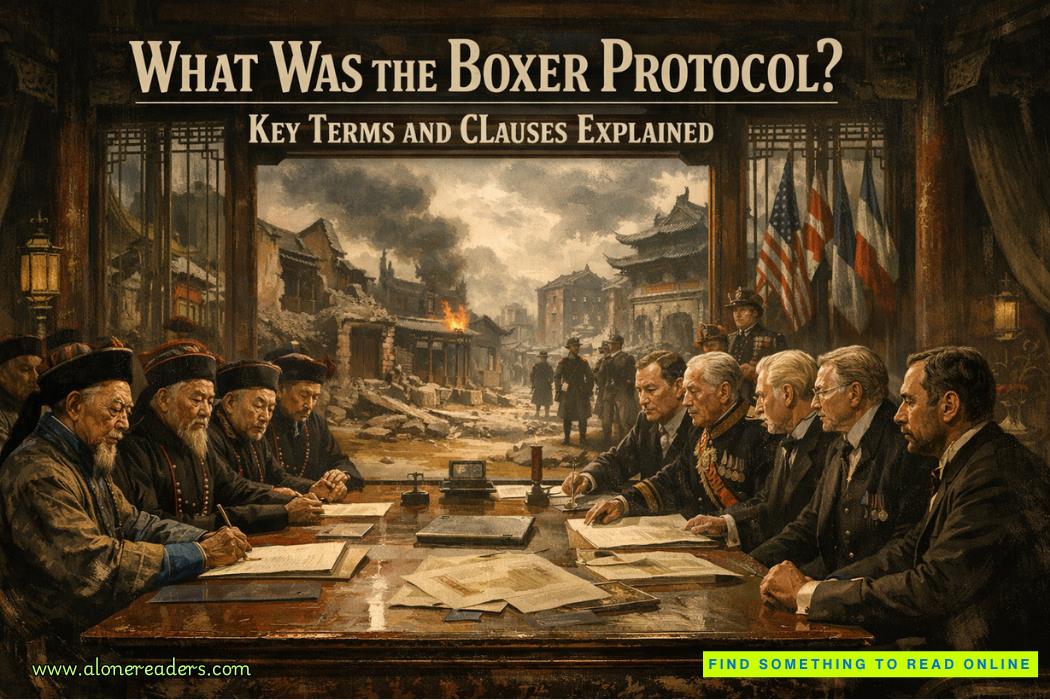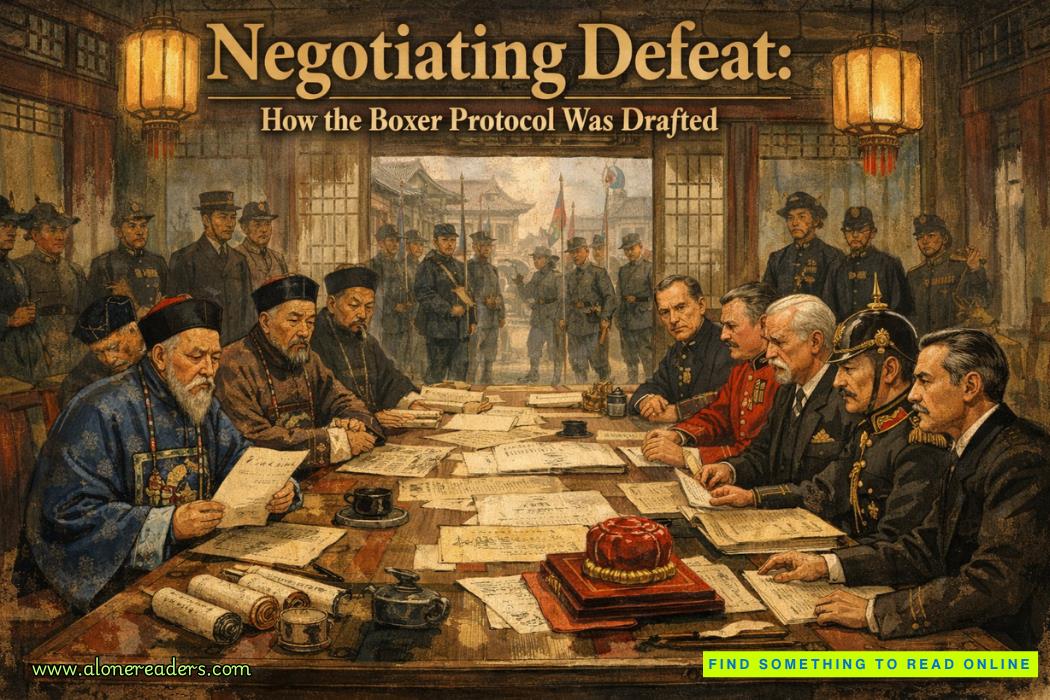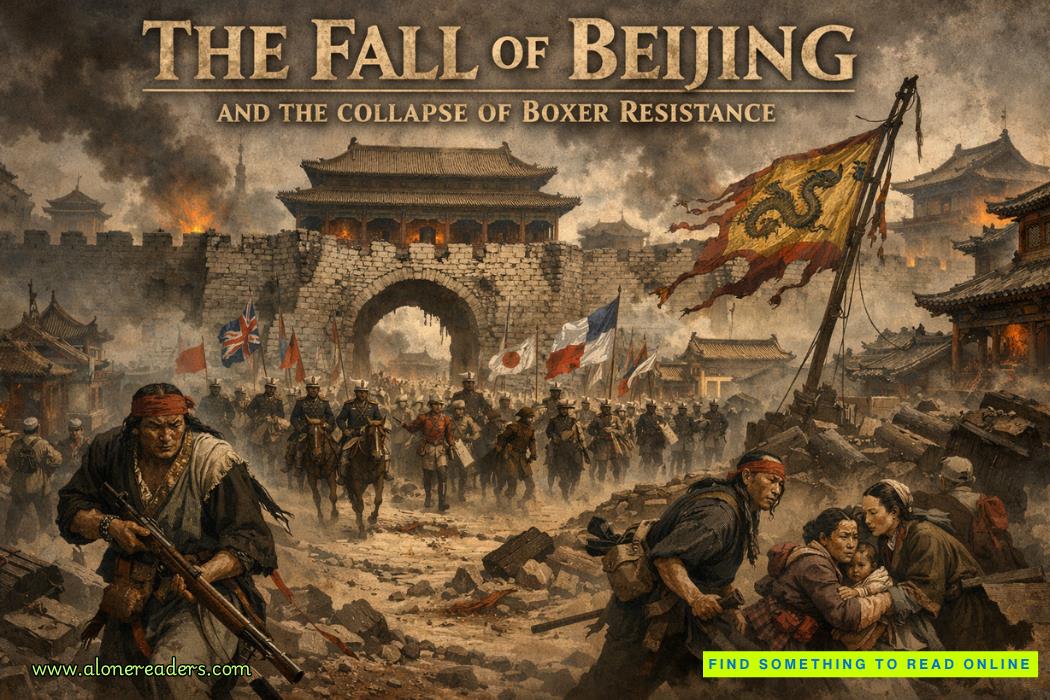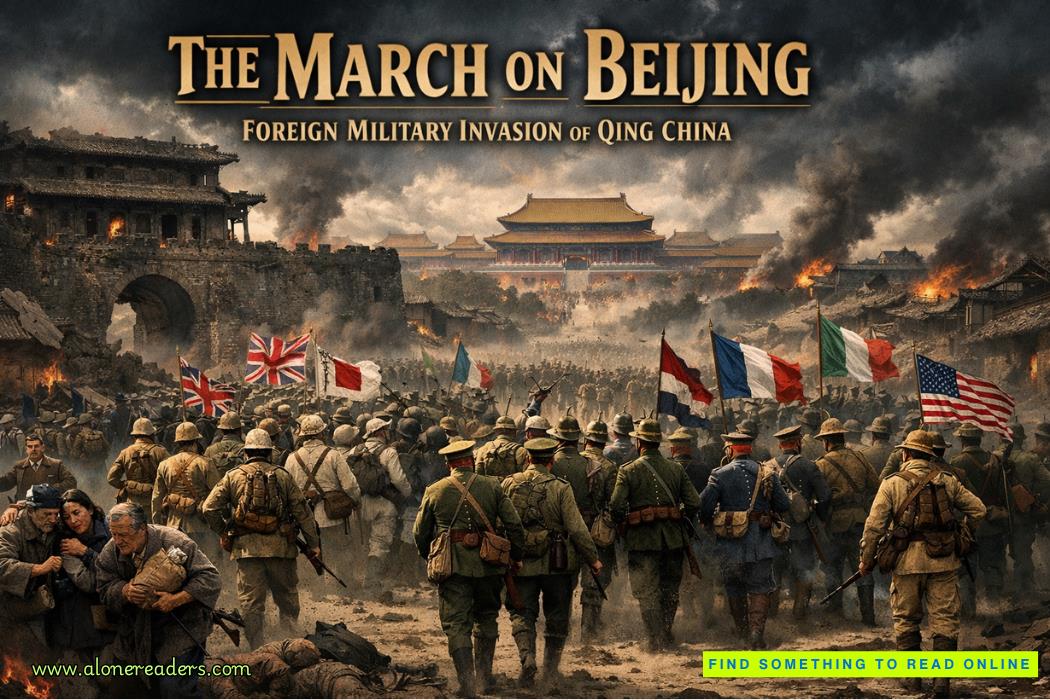But theydidn’t. They weren’t a property to be possessed, goods to be hoarded. And his willingness to surrender his desire for them only made her feel guilty and greedy. For so long those memories had been a source of both pain and longing, the two inextricably linked. She didn’t know how to take them out and look at them without viewing them through a lens of anguish, and she suspected it would only hurtmorenow that she knew that it had all been real to both of them—he had loved her then, as she had loved him.
He cradled his own cup of chocolate in his hands and murmured, “I’d rather speak of the future tonight, as it happens.”
“The—the future?” She squeaked the words, and Matthew stirred in his sleep, turning his face into the pillow with a fractious expression. Some subtle hesitation settled upon Gabriel’s face, and her heart dropped down into her stomach with the alarming realization that he knew—heknewthat she had planned to leave. “Westwood told you,” she heard herself whisper, in a ghostly little voice.
He nodded. “You don’t have to leave, Claire.”
But how could she possibly stay? Stay and subject Matthew to rumors and gossip? “Matthew will be better off,” she said, a rote repetition of the refrain she had been telling herself for a solid week already. “He doesn’t need me. He needs—”
“He’s a little boy. Ofcoursehe needs you.” He removed the cup from her hands, set it on the tray, and squeezed her cold fingers in his. “He needs his mother.”
“I can’t be that anymore.” That was the worst of it, the part she had dreaded the most. “I can’t be your housekeeperandhis mother. Can’t you see how it would affect him? At least when I’m gone you can invent some sort of story to explain it all.” Her breath hitched in her throat. “That Runner you hired—he would surely be of assistance there. You can tell everyone that I died, but Matthew survived. He would be legitimate. I can change my name and take a position elsewhere. People do it all the time.”
“Matthewislegitimate,” he said, a muscle ticking in his jaw.
“There’s no proof of that,” she said, swiping away the few stray tears that had managed to escape. “A dead wife is easier to explain than a live one when there’s no proof to be had. It’s unlikely that anyone will look terribly closely. You’re a nobleman, after all. You could—you could take another wife.”
For a terrible moment he said nothing, but his throat worked in a long, harsh swallow. “Claire,” he said at last. “I’m certain Matthew would rather have his mother near him.”
Her eyes closed. “It’s the right thing to do,” she said. “It will protect him.” It was perhaps the only way shecouldprotect him. He would have a place in the world—so long as she stepped out of her own.
“Idon’t want you to leave.” His voice was low, alarmingly gritty. “And you’re wrong—thereisproof.” He reached out with one hand, found the drawer of the bedside table and slid it open. A moment later he produced a piece of paper, charred at the edge.
Their marriage license. She took it with shaking fingers. “I burned this,” she said.
“Your sister saved it.” He sat back and ran his fingers through his shaggy hair, tousling the dark strands. “So thereisproof,” he said. “And Matthew will not be illegitimate. I won’t force you to stay, but youarecorrect in that you cannot continue to be my housekeeper.”
“I don’t—I don’t understand,” she said. “What are you saying?”
“I’m saying that it’s your choice. You can let Claire Hotchkiss die and reinvent yourself as someone else. Or,” he said, “you can stay and be my wife.”
∞∞∞
For the first time in his memory, Claire seemed to be stricken dumb. Her fingers tightened on the paper in her hands, and tiny flakes of ash crumbled beneath the pressure, drifting onto the counterpane.
“I can’t be your wife,” she said at last. “I’ve been a servant for years and years. You’d be a laughingstock.” Then, as an afterthought, she muttered, “Your father would never stand for it.”
“My father has had altogether too much influence over my life thus far,” Gabriel said. “I’m not inclined to allow him to dictate its course any longer. And I assure you, your having been in service would be theleastof our worries. Our social acceptance—or lack thereof—likely won’t have a thing to do with you. I’ve been enough of an arse that I’m frankly surprised that I am invited anywhere at all.” That was Westwood’s doing—or, more likely, his sister’s. Westwood was an affable enough fellow, pleasant and genial, but his sister, the Duchess of Rushton, was a veritable social butterfly, wielding her influence with the precision and delicacy of a scalpel.
“You should do something about that,” Claire murmured. “ForMatthew’s sake, at least.”
Gabriel gave a wry smile. “I suppose I’ve been mired in my own unhappiness for so long that I’ve forgotten how to be anythingotherthan unhappy,” he said. “And I’ve spent so many years scattering my own misery upon others, I haven’t the first inkling of how to begin making amends.” He looked down at his hands resting on his knees and confessed. “I might not have it in me anymore, Claire.”
“Don’t be ridiculous,” she said. “Of course you do.”
Her faith in him was touching, but naïve. “You don’t know the half of what I’ve done,” he said. “I’m still selfish, Claire. It’s a difficult habit to break.” He heaved a sigh and leaned back, bracing his back against the poster of the bed. “Do you know what my first thought was, when Westwood informed me you’d applied for a position in his household? It was, What will become of me when she goes? So you see, at the core of my being I still think in terms of whatIwant, what benefitsme.”
“And yet,” she said, lifting aloft the marriage license in her hands, “you still placed this in my hands, and gave the choice to me. It’s not ourthoughtsthat define us, Gabriel. It’s our actionsin spite ofthem.” She let her hands fall into her lap, cradling the license as if it were something precious. “That first night you were ill and I sat by your bedside, I thought, Why should I care for this man who cared so little for me that he couldn’t be bothered even to remember my face? But you had no one else. You were alone. In a house full of people, you were alone. My actions defined me, then—above all else, I wanted to be kind. Even if you didn’t deserve it, I wanted to be kind.”
“I suppose,” he said, “I simply assumed kindness came naturally to you.”
“Oh, no,” she said, with a soft little laugh. “It’s not a character trait, not an intrinsic part of who you are. You have tochooseto be kind. It’s a choice that you have to make every day. And those moments where kindness is difficult, that’s when it’s the most important.” She gave a little shrug, her loose braid falling over her shoulder. “You’re kinder than you think,” she said.
“Claire,” he said, “While I appreciate—”
She held up a hand, and he fell silent. “You said goodbye to Mrs. Cartwright when she left,” she said. “You didn’t have to do that. I thought for certain you’d sack me outright for my impertinence.”
“But you were right,” he said. “Ididowe her—”















